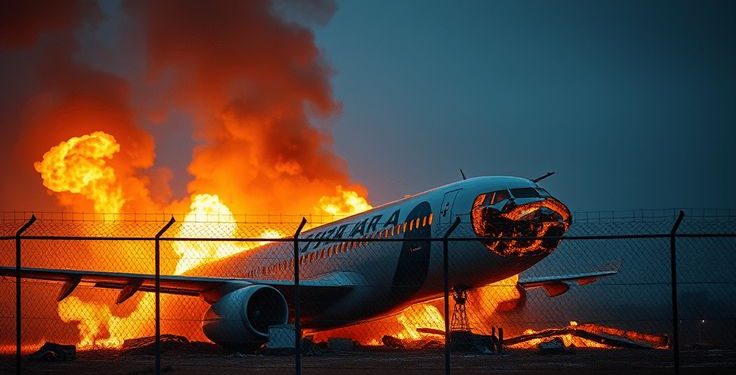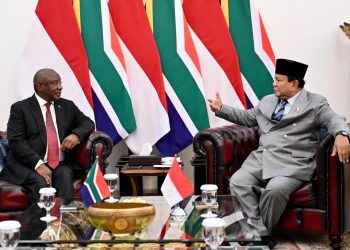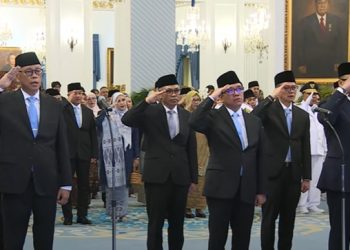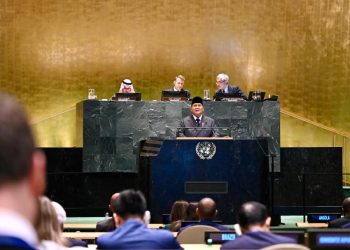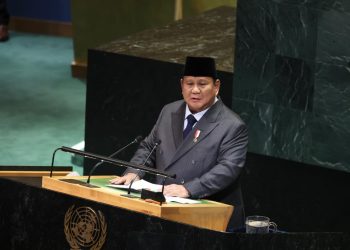Jakarta, Indonesia Sentinel — South Korea’s Minister of Transport, Park Sang Woo, announced his intention to resign on Tuesday, January 7, 2025, taking responsibility for the Jeju Air crash that claimed nearly all passengers’ lives.
During a press conference, Park expressed deep remorse for the tragedy. “I bear significant responsibility for this disaster,” he said, as reported by Reuters. He added that he would step down after addressing the current situation surrounding the crash.
The accident occurred on Sunday, December 29, when a Jeju Air Boeing 737-800 attempted an emergency landing without landing gear at Muan International Airport. The aircraft struck a concrete barrier near the airport’s perimeter fence, igniting a fire that killed 179 of the 181 people on board, including four crew members. Only two cabin crew members survived.
Safety Concerns Spark Immediate Action
In the aftermath of the crash, South Korea’s Ministry of Transport announced plans to enhance airport landing safety systems. Aviation safety experts highlighted that the rigid design and proximity of a concrete embankment near the runway contributed to the disaster.
The embankment, constructed to support a localizer antenna used for guiding aircraft during low-visibility landings, was deemed excessively rigid and dangerously close to the runway. Investigations are underway to determine how the embankment was initially designed and constructed.
Joo Jong-wan, the deputy transport minister for civil aviation, admitted that safety measures during the embankment’s construction were inadequate, although they complied with both domestic and international regulations.
Ongoing Investigations
The investigation into the Boeing 737-800 crash, launched last week, has revealed evidence of a bird strike. Lead investigator Lee Seung-yeol confirmed that bird feathers were found in one of the plane’s engines, and video footage showed a bird colliding with the engine shortly before the crash.
This discovery bolsters theories that a bird strike may have occurred just before the accident. However, experts have noted that bird strikes typically do not cause landing gear malfunctions, leaving unanswered questions about why the landing gear failed to deploy and why the pilot rushed the emergency landing despite warnings from air traffic control about potential bird activity.
Read also : South Korean Police Investigate Email Claiming Responsibility for Jeju Air Crash
Meanwhile, two South Korean investigators departed for the United States on Monday (January 6) to collaborate with the National Transportation Safety Board (NTSB) in recovering and analyzing the damaged flight data recorder. The flight data recorder, along with the cockpit voice recorder, contains crucial information about the crash.
According to investigator Lee Seung-yeol, it will take three days to extract files from the flight data recorder and another two days to conduct an initial analysis. Key questions include whether one or both engines experienced failure and what caused the landing gear malfunction.
As the investigation unfolds, South Korean authorities are under mounting pressure to address safety lapses and prevent similar tragedies in the future.
(Raidi/Agung)


